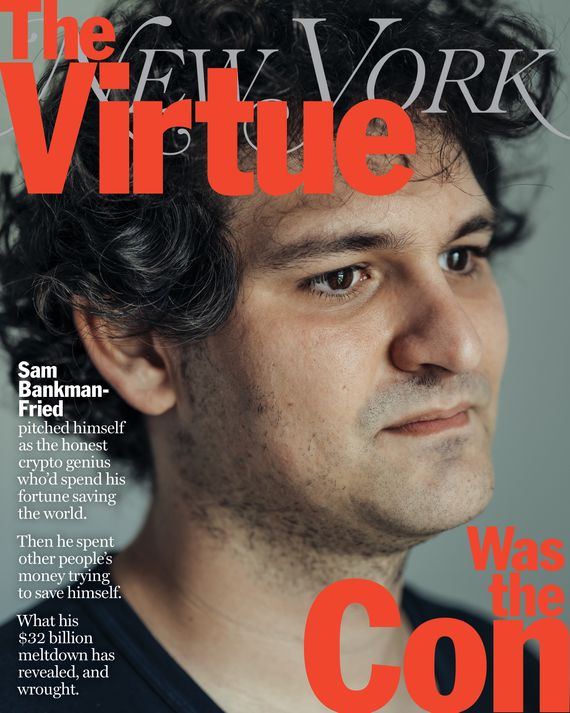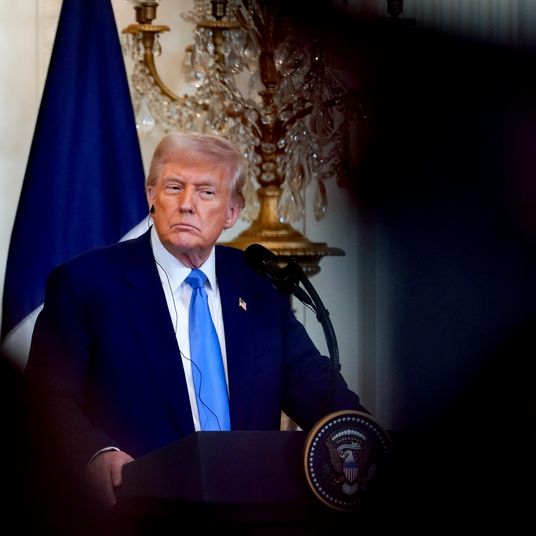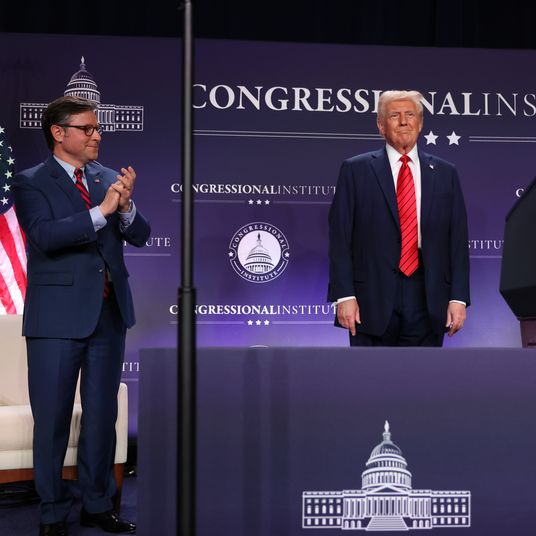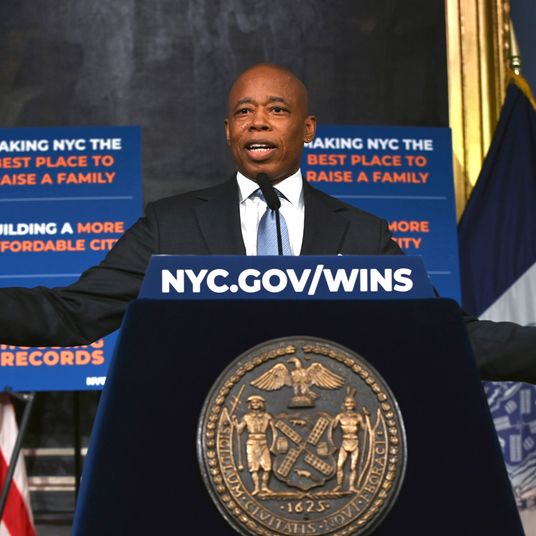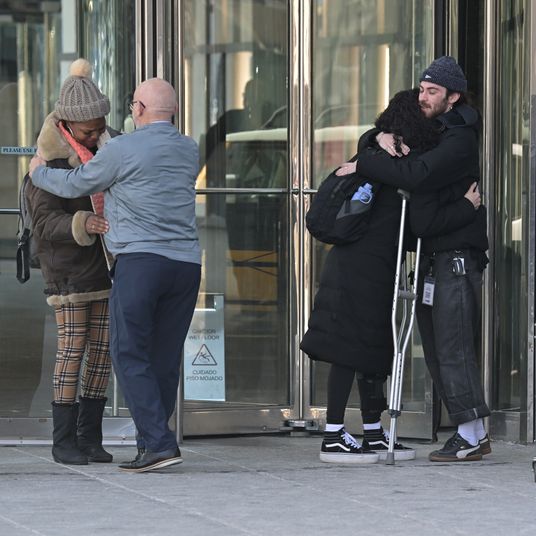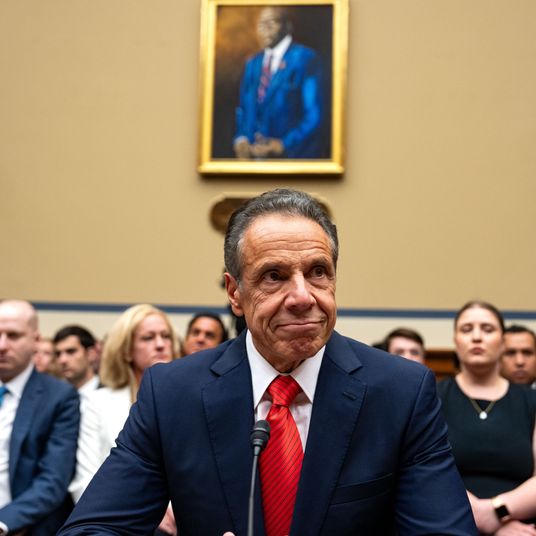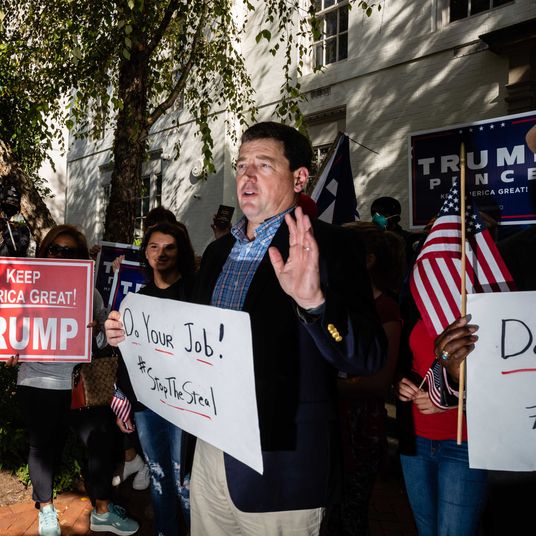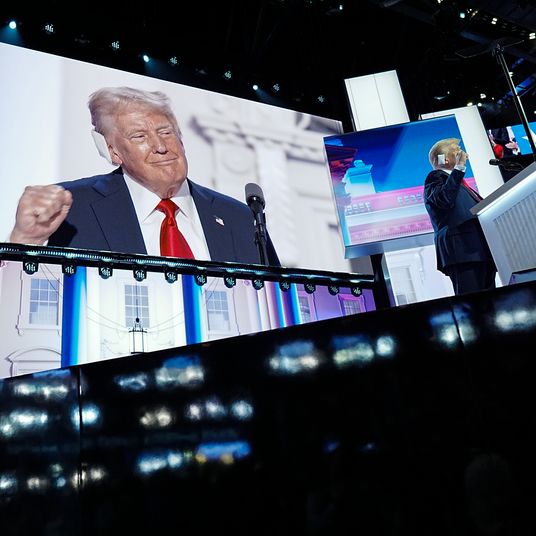
The legal onslaught facing Sam Bankman-Fried has only just begun, but it’s already a doozy. With government investigations and court proceedings in their earliest stages, SBF has been working hard to exude an aura of calm in his public statements — periodically tweeting and giving ill-advised interviews with the press since the collapse of his firm — yet it’s already clear that his years ahead are going to be unpleasant and perilous and that his newfound status as a pariah is now the least of his problems. The U.S. Attorney’s Office in Manhattan, which is now reportedly investigating SBF and the collapse of FTX, has plenty of evidence to work with and plenty of reason to go after him as fast and hard as possible.
The revelations in the wake of FTX’s demise have been filled with red flags for prosecutors who specialize in financial crimes. A massive amount of money has apparently evaporated, and nothing approximating a decent explanation has been offered by SBF or anyone else. There are early but classic markers of criminal fraud: the secret back door he reportedly created to move customer deposits to his hedge fund, Alameda Research, which appears by itself to have resulted in more than $1 billion in lost customer funds; billions of dollars in recently discovered “loans” from Alameda to Bankman-Fried and other company executives; the lack of financial records across the sprawling corporate FTX family; and apparent misrepresentations to FTX customers and investors about the most fundamental aspects of the platform. There is also an undeniable, pent-up demand among crypto skeptics in Washington and the public for a major crackdown on the industry, which is rife with fraud and con artists who have been scamming people all over the world for years.
The criminal investigation, at least at the outset, is likely to focus on getting to the bottom of the transfer of FTX customer funds to Alameda and the source of the post-bankruptcy hack of FTX, which reportedly resulted in the loss to customers of more than $600 million. Even assuming SBF had nothing to do with the hack, he faces the considerable possibility of criminal wire-fraud charges based on the mishandling of deposits if the government can establish that he deliberately lied about how customers’ money would be held in custody and managed.
Several prominent claims on the subject from FTX and SBF have already drawn public attention, but investigators will almost certainly find more. The exchange’s terms of service guaranteed that customers’ deposits “shall at all times remain with you.” The company disclosed on its website that the trading fees were used to buy its proprietary cryptocurrency but made no mention that customer money might be transferred to Alameda. Days before the FTX bankruptcy filing, SBF sent (and later deleted) a tweet stating that “FTX has enough to cover all client holdings. We don’t invest client assets.”
These all appear to have been explicit or implicit misrepresentations about how customer funds would be (or were) used by FTX, but that is just the start of the government’s inquiry. Prosecutors will want to determine whether any misstatements were knowingly false and intended to deceive — not simply that they were inadvertently false or rendered false as a result of subsequent events or missteps, however egregious any such errors might have been. Anyone involved in intentionally disseminating any such misrepresentations — not just SBF but his advisers, too — could face charges for criminal wire fraud.
If prosecutors ultimately conclude that they have a criminal case against SBF — and given the dismal, fractured state of the company’s record keeping, that could take a long time — they could probably file charges in Manhattan without much difficulty. The Justice Department can establish venue in the district if it can show that some interstate or foreign “wires” had traveled through the city in furtherance of the scheme. Those wires could be any number of electronic transmissions — emails, phone calls, text messages, bank transactions by FTX or its customers, or, depending on the facts, something as simple as a credit-card transaction on a business trip — even if SBF had no idea where or how those wires might travel. Extraditing him to the U.S. from the Bahamas shouldn’t be much of a problem if the Bahamian government cooperates — though that remains an open question.
Strictly speaking, the government does not need to identify a substantial number of U.S. victims as part of the scheme, though as a practical matter, that would help the case withstand any jurisdictional challenge and improve its jury appeal.
Prosecutors have every incentive to nail him to the wall. Under Attorney General Merrick Garland, the Justice Department has been focused on criminal misconduct in the crypto space, and it would be to its advantage to make SBF a prominent cautionary tale. The pool of victims is likely to include a very large number of retail investors, and as a group they are far more sympathetic than the superrich institutional investors whom jurors are all too often asked to care about in white-collar criminal cases.
The prospect of a recession looms in the background. If that comes to pass, the public will want someone to blame — think Ken Lay of Enron after the dot-com bust — and it will behoove the government to provide someone prominent like SBF, even if his conduct ultimately has little to do with broader economic unrest. Public frustration with the lack of high-level criminal accountability after the 2008 financial crisis is still palpable more than a decade later, and much of the responsibility for that apparent failure of competence and resolve can be placed on the shoulders of the U.S. Attorney’s Office in Manhattan, which broadly eschewed serious, complex financial-crimes prosecution cases in favor of a string of media-friendly insider-trading cases that look largely inconsequential in hindsight.
Meanwhile, SBF has been alternately repentant and defiant, failing to offer anything remotely close to a credible account of what happened to the billions of dollars his company was handling and deepening his exposure to prosecutors. In one particularly bizarre interview conducted via Twitter DM, he told a reporter that his previous, once-lauded Washington lobbying effort to create a regulatory framework for crypto was in fact “just PR,” adding, for good measure, “fuck regulators,” that “they make everything worse,” and that “they don’t protect consumers at all.” The reporter asked whether SBF’s extensive promotion of charitable giving through a movement known as effective altruism was “mostly a front” for his business aspirations, and he seemed to agree, though he maintained that the unfolding mess at FTX was the unintentional result of a series of still-unexplained misjudgments and oversights. “Sometimes,” he offered, “life creeps up on you.”
You can safely add that interview to the pile of material that will draw the attention of prosecutors. A day after it was published, the news broke that SBF’s criminal-defense lawyers had dropped him as a client.
More on sam bankman-fried
- The Effective Altruists’ Castle Is for Sale — and Has Become a Culture-War Meme
- Sam Bankman-Fried’s Final Trip to Court
- SBF Planned to ‘Come Out As Republican’ With Tucker Carlson



